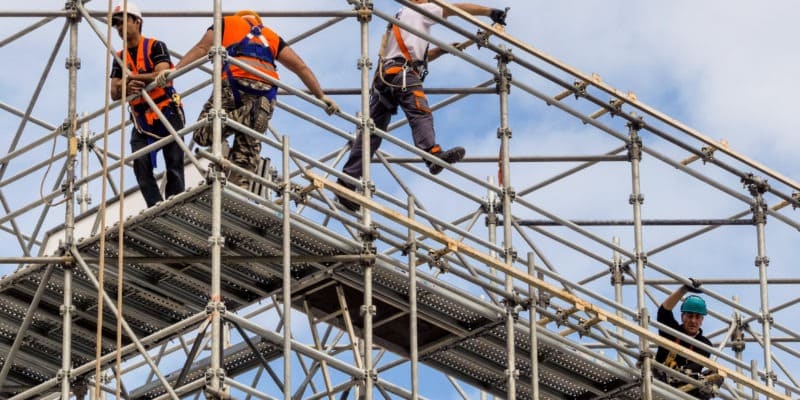New England Biz Law Update staff
October 31, 2023
The the U.S. Department of Labor has issued a final rule updating regulations that implement the Davis-Bacon and Related Acts (DBRA).
The DBRA requires contractors and subcontractors on federally funded construction projects to pay their workers at least the prevailing wage rates for the locality in which the work is being performed. The final rule is the first comprehensive update to the Davis-Bacon regulations in over 40 years.
The rule includes a number of changes, including:
Restoring the 30% rule. The final rule restores the DOL’s definition of prevailing wage that was used until the Reagan Administration. Under this three-step process, the prevailing wage is that which is paid to a majority of workers in the classification. If no majority exists, then the prevailing wage is the rate paid to at least 30% of workers. If no rate is paid to at least 30%, then a weighted average will be used. (Previously, the average was used if a prevailing wage was not paid to 50% of workers.)
Adopting wage escalators. The final rule allows the DOL to more frequently update prevailing wage rates. Rather than hinging on DOL wage surveys, periodic updates will now be based on total compensation data from the Bureau of Labor Statistics Employment Cost Index, which tracks both wages and benefits. Rate updates will occur every three years, at most.
Strengthening worker protection and enforcement rights. The final rule includes new anti-retaliation provisions to protect workers. The rule also strengthens the DOL’s ability to withhold money from federal contractors in order to pay employees their lost wages.
Providing greater clarity. The rule updates a number of definitions that affect applicability. For example, “building or work” now includes solar panels, wind turbines, broadband installation, and the installation of electric car chargers. Other changes affect who is considered a “material supplier” or a “prime contractor.”










